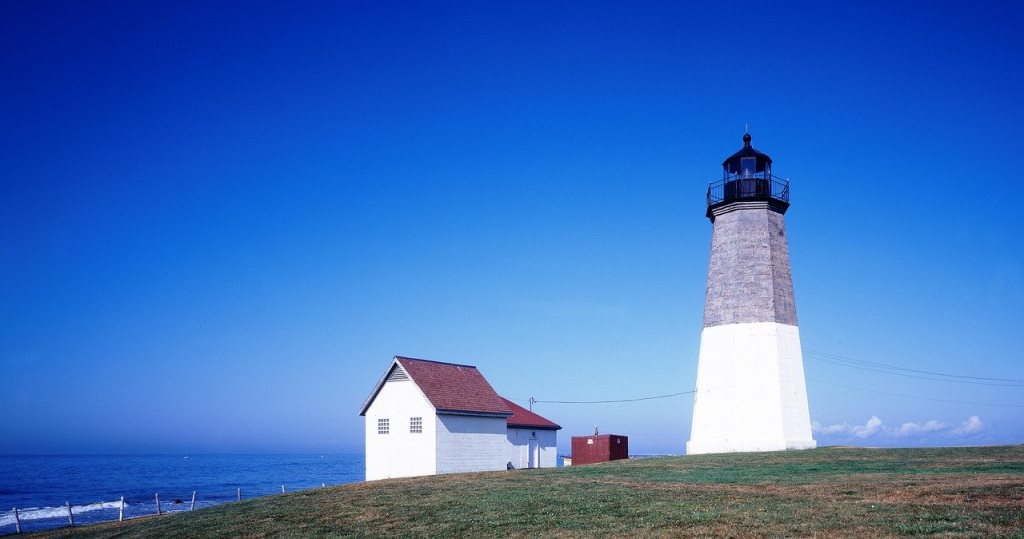On February 5, 2020, the Rhode Island Department of Environmental Management (DEM) announced that around $3 million in matching grants is available for climate resilience projects throughout Rhode Island. The funding can be applied for by both government entities and nonprofit groups that restore and improve the climate resilience of vulnerable coastal habitats, as well as river and stream floodplains and related habitats.
Funding will be provided through the 2018 Green Economy and Clean Water Bond, which Rhode Island voters approved by a margin of almost 80 percent. Having pledged in her State of the State speech to continue to “address climate change with urgency,” Governor Gina M. Raimondo proposed a $64 million Beach, Clean Water, and Green Bond initiative in the fiscal year 2021 budget.
Raimondo’s measure proposes funding a modernization of state parks and beaches, conservation of forests and farmland, and continued investments in clean water, drinking water, and the Municipal Resilience Program, which would further capitalize climate resilience projects.
“These grants will support the work of our Resilient Rhody strategy to protect the health, safety, and livelihoods of our people, communities, and workplaces,” Governor Raimondo said. “We will continue to combat climate change by advancing our clean energy and heating sectors, increasing energy efficiency, and reducing transportation pollution.”
“In the past decade, Rhode Islanders have seen places we love eroded, flooded, degraded, and lost due to impacts of climate change,” said DEM Director Janet Coit. “We are excited that these grants will enable us to work with governmental and nonprofit entities to protect our treasured habitats and advance a healthier, more resilient Rhode Island. With critical funding that Rhode Islanders approved by supporting the 2018 Green Economy and Clean Water Bond, we are investing in our state to help ensure our communities are prepared for climate impacts now and in the future.”
“The Ocean State, through the leadership of Governor Raimondo, is accelerating action and providing resources to strengthen our communities and natural areas to the impacts of climate change,” said Shaun O’Rourke, Rhode Island’s Chief Resilience Officer.
“Together, with our partners like DEM, we look forward to working with stakeholders from across the state to evaluate each of their unique vulnerabilities and support them with critical funds to make their priority projects a reality,” he added.
Climate change is causing extreme weather, inland and coastal flooding, and sea level rise – resulting in environmental and economic challenges for Rhode Islanders and around the world. Scientific modeling predicts that these impacts are expected to accelerate. Each of Rhode Island’s 39 cities and towns is vulnerable to climate change impacts, with infrastructure and natural systems at risk due to their location in riverine or coastal floodplains.
Already:
- The sea level has risen over 10 inches at the Newport tide station since 1930;
- Annual precipitation rates are climbing an inch almost every 10 years. In 2018, RI experienced a record number of days with over 1 inch of rain; and
- RI is the first state in the lower 48 where average annual temps have risen by over 2 degrees Celsius.
Photo of lighthouse at Point Judith, Rhode Island by Falkenpost from Pixabay.

